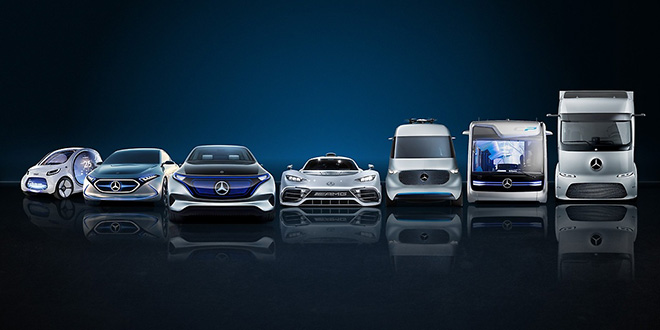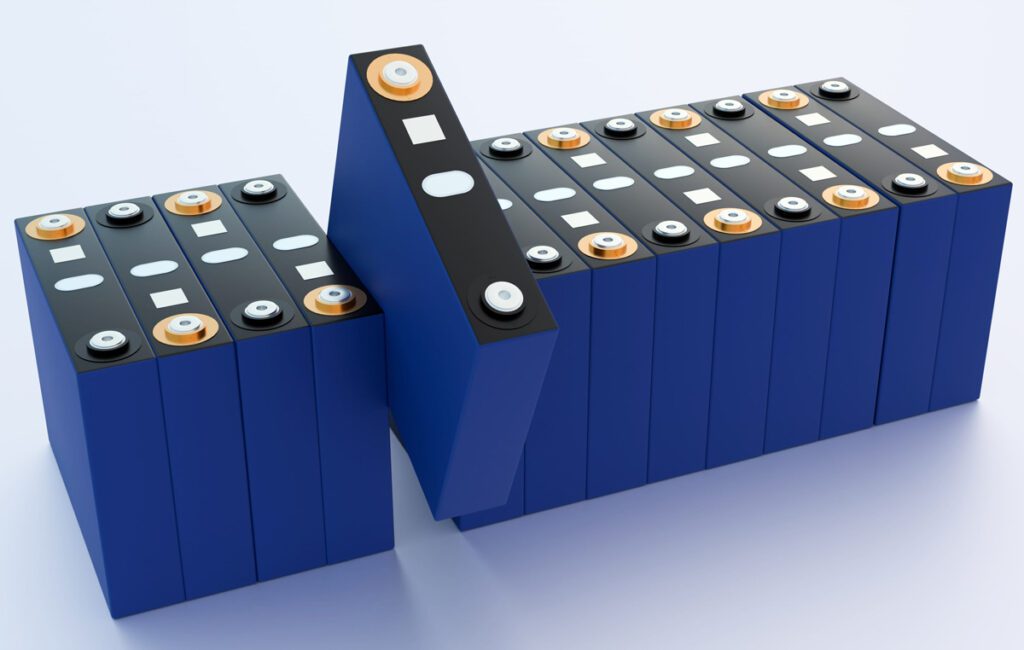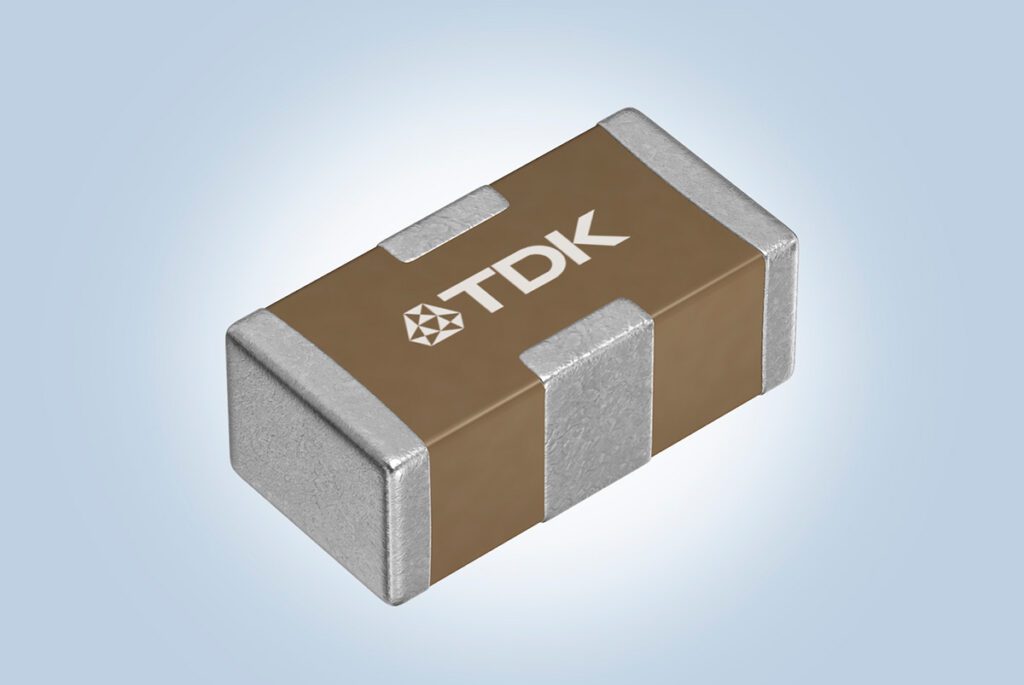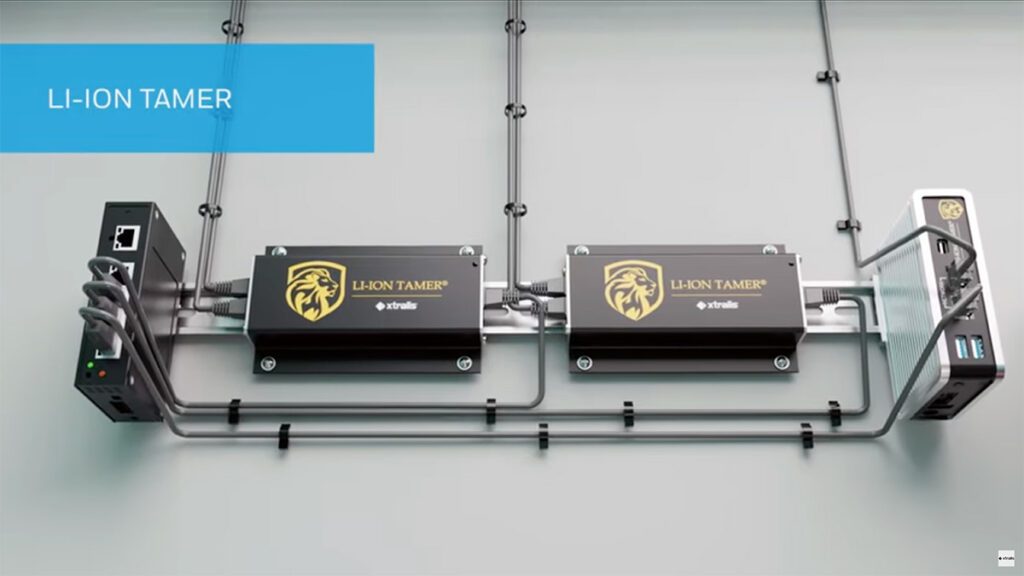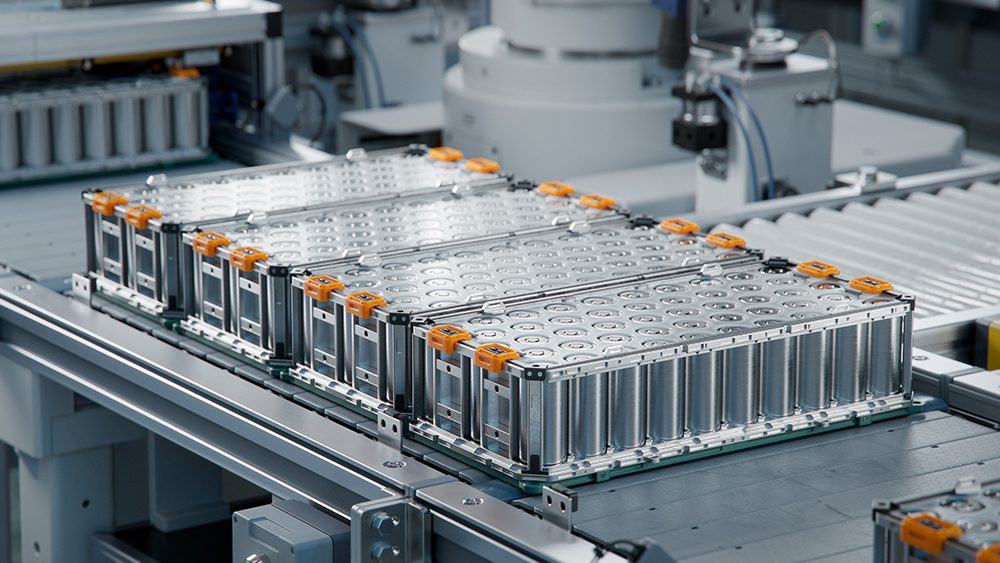Which auto brands will meet the EU’s ever-tightening emissions targets? The answer may provide an indication of which brands are serious about electrification. Mercedes-Benz seems to want to be included on that list—the company reported significant progress on its “journey towards CO2 neutrality” in 2020.
Mercedes-Benz Cars sold more than 160,000 PHEVs and EVs worldwide in 2020, a year-on-year increase of 229%. Over half the plug-in sales were logged in the fourth quarter.
“We more than tripled sales of our plug-in hybrids and all-electric cars,” said Daimler Board Chairman Ola Källenius. “Demand for these vehicles increased sharply, especially towards the end of the year. Our internal forecasts for 2020 indicate that we will have achieved the European CO2 targets for passenger cars last year. We will continue to push forward with our Electric First strategy and the further expansion of our electric model initiative. Based on our current knowledge, we expect to meet the CO2 targets in Europe again in 2021.”
Mercedes’s share of plug-ins as a percentage of total vehicle sales increased from 2% in 2019 to 7.4% in 2020. The brand sold approximately 20,000 units of its EQC compact SUV, and about 1,700 of the EQV minivan. Deliveries of electric models from the smart brand reached 27,000 units, an increase of 46% compared with 2019.
The company has big plans for more plug-in sales in 2021. It will present four new Mercedes-EQ models: the EQA, EQB, EQE and EQS. Also, “the Mercedes-Benz plug-in hybrid family, currently consisting of more than 20 model variants, will be renewed with electrified derivatives of the C-Class and the S-Class.”
The venerable brand expects to increase the plug-in share of sales to approximately 13% in 2021.
Source: Mercedes-Benz







